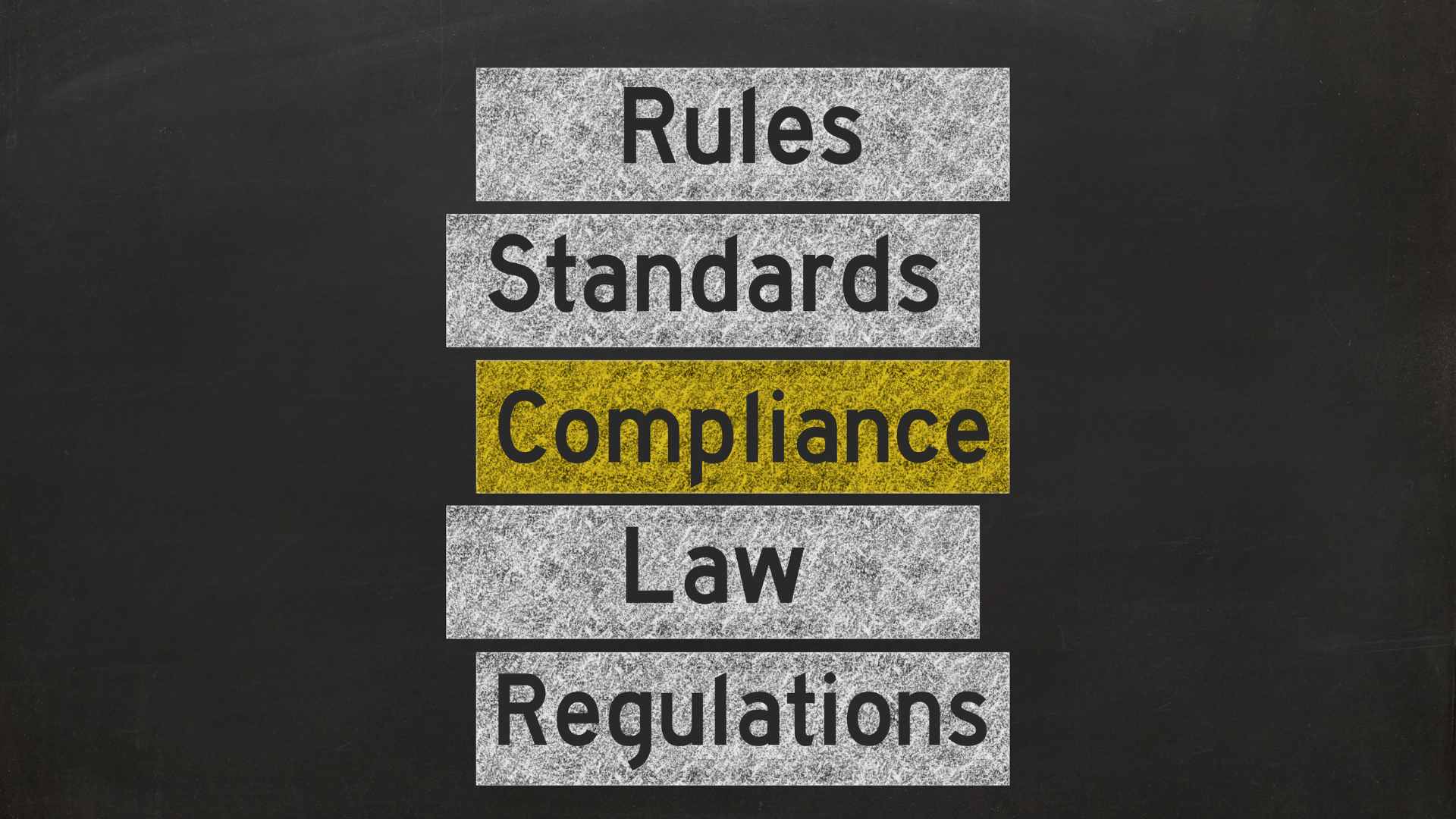VIEW BY TOPIC
- Finding Customers
- Business Systems
- Managing Employees
- Leadership
- Managing Money
Related Posts

Ready to Grow Your Business Fast?
Here’s How I Grew Five Businesses, and Eventually Sold One to a Fortune 500 Company.

Description: A high employee turnover rate is always bad for a company. Therefore, it’s your job to understand employees leaving and how to stop them from doing so. Learn more in our comprehensive article that we’ve put together for you!
Employee turnover is expensive for any business, whether it sells clothes or cleans up space junk. It’s estimated that replacing an employee can cost roughly $40,000, including advertising, recruitment, training time, and the lost productivity in the middle. We also know that if the best employees are leaving, the negativity surrounding the process can damage the company as well.
Based on studies, almost one-third of employees plan to leave their companies within 12 months. There are a lot of factors that lead to increased employee turnover. In this article, we will look at why employees leave and some solutions to reduce employee turnover rates.
Why Are Employees Leaving?

Some subtle and emotional factors that play essential roles in employees deciding to pack up and leave include the following.
-
Lack Of Appreciation
One of the main reasons why employees leave is because they feel undervalued and underappreciated. It has been found that approximately 66% of employees leave if they do not feel valued. This number is even higher for younger staff; studies show that almost 8 out of 10 millennials would instead look for new opportunities if they feel unappreciated by their leaders or colleagues.
Companies that have taken a strategic approach towards recognizing their employees have seen a vast improvement in staff retention. There is a link between recognition and a low turnover rate.
-
Lack Of Flexible Work Options
Most companies have now started offering some degree of flexibility to retain the best talent as part of the core employee offering, with options ranging from remote working to compressed hours. More than half of the organizations today have seen employees leave because of a lack of flexibility. Flexibility is a perk that all age groups appreciate. Less than 10% of employees would choose the office as the preferred destination to get essential tasks done.
-
Poor Mental Health
For some time, the impact of poor mental health on a staff member’s performance and the economy has been studied. Based on employee turnover statistics, it has been found that UK companies face a loss of approximately £42 billion every year – out of which £8 billion loss is caused by leaving because of mental health issues.
It can be said that 3 out of 5 employees leave their organizations due to mental health challenges, which is one of the most important reasons for quitting. Poor mental health is an issue that is seen irrespective of gender or age. Based on the survey, many people quit their jobs because of mental health, with long work hours as the primary factor.
-
Relationship With The Employer/Management
Additional research has shown that most people quit their jobs because of the boss, not the company. Leaving a bad manager is one of the most common reasons why employees quit, with 75% of ex-workers doing so because of their boss, not the job or company itself.
The relationship with the direct manager is vital for several success factors for the employee, like engagement, morale, and productivity. For whatever reason, if there is a breakdown in this relationship, it can lead to job dissatisfaction, anxiety, and mistrust. According to statistics, it has been found that almost 79% of employees leave a company due to bad leadership; in fact, most of these employees have stated that they would return back to their old jobs if the boss/manager was replaced.
-
Lack Of Career Growth
Based on studies, it has been concluded that lack of career development and growth is another common reason why staff members leave their jobs. Most quit because they do not get the opportunity to better their performance or learn new skills, even though most companies provided career development tools. Sadly, only a few believed that these tools were working.
More than 40% of the departing employees cited lack of future career development as a deciding factor for leaving the job. Out of these, 28% were actively looking for new employment while the rest were waiting for these opportunities if they came their way.
How Do You Avoid Employees Leaving?
Here are some things that you can do if you want to learn how to prevent employees leaving:
-
Always Be Generous With The Paychecks
There is only so far you can go with underpaying your staff members. If you continue to do so, they will start nurturing a grudge against you and will readily take up a job when offered by your competitors. Just because you want to save some money, you will lose a valuable member of your team. Hence, it is advised that you hire the best people for your job and pay them as much as you can for the responsibility.
Interestingly, statistics have shown that employees often get a new offer from competition brands during the first year of joining your company.
-
Introduce Smooth And Transparent Communication
One of the best ways to reduce employee turnover is to run regular feedback sessions with your employees. This way, you can prevent a valuable employee from leaving because you will understand the challenges and difficulties they face. For instance, your staff member might be feeling undervalued, or it has been a long time since he or she has been promoted or on vacation.
If you understand what problems they are facing, you should make an effort to address these issues. Even if you cannot do so, it is suggested that you take the help of others in your team. It is always better to talk about a situation before they become unmanageable and/or critical.
-
Set Ambitious Goals For Star Employees
Most people have no idea what they are looking for. It means that you should always talk with your subordinates and try to understand their plans and ambitions for the future. Then, ensure that you include these plans in their work. This will help you prevent employees leaving.
You need to become a mentor and help your employees grow professionally. Your employees should be handed ambitious goals and complex tasks; additionally, make sure that you support them to get the task done without being afraid of possible problems.
Another thing you can do is offer relocation opportunities that can help them gain knowledge and skills required to progress in their chosen career path. To ensure a smooth move for your employees, you can partner with an experienced relocation company like ARC Relocation that can provide tailor-made assistance to employees including sorting important documents, finding accommodation and more.
-
Build Strong Connections to Avoid Employees Leaving
If you want your team to be successful, everyone needs to help and trust one another. This becomes impossible if there is no ‘friendship’ between peers. As a leader, your task is to foster internal employee relationships via various team-building activities.
You should always mind your attitude when you are working with your employees. Always be close to them and understand if they are facing any troubles; try to solve their internal conflicts. Ensure that there is a positive atmosphere within your office.
-
Reward Good Work
It’s one of the best strategies to reduce employee turnover. Rewarding for a task done well will encourage healthy competition and bring unity to your team. Additionally, it will also demonstrate to the workers how vital they are for the company.
You should remember that money is not the only type of incentive. You can also provide your hires leaves for a couple of days or attend a conference or workshop in different cities. Any type of reward will be well-received.
-
Address False Hopes to Avoid Employees Leaving
One very effective high employee turnover solution is to address false hopes. When there is minimum openness, it will eventually stir distrust; this will harm productivity. Therefore, it is advised that you do not hide the development of your company from your employees.
For instance, let’s consider that you value a specific employee but cannot give him a raise or promotion for now. In such a case, you must convey the message and the reason why you cannot do so. It will prevent your employees from developing high hopes and eventually the feelings of resentment when these hopes are not met.
-
Just Let It Go
Of course, there is nothing you can do if your employee wants to leave. You should learn to let go and not have any resentment towards the now ex-worker in such cases. At this point, all you can do is try to maintain a healthy employee turnover rate by getting in new employees and ensuring that they stay for at least a year.

Final Thoughts on Employees Leaving
As mentioned above, the costs of employee turnover are incredibly high. Therefore, HR managers and bosses need to understand the underlying reasons why employees leave. Only with the help of these facts can you make the required changes to prevent a high employee turnover rate.
What’s your take on this? Let us know in the comments!
Author’s Bio:
Emily Moore is an English & programming teacher with a passion for space and blogging. She believes that current exploration should be focused on preserving our planet’s resources. With satellites circling the orbit, it is easier to get relevant data on any environmental changes. This, in turn, should help people quickly address any challenges.














